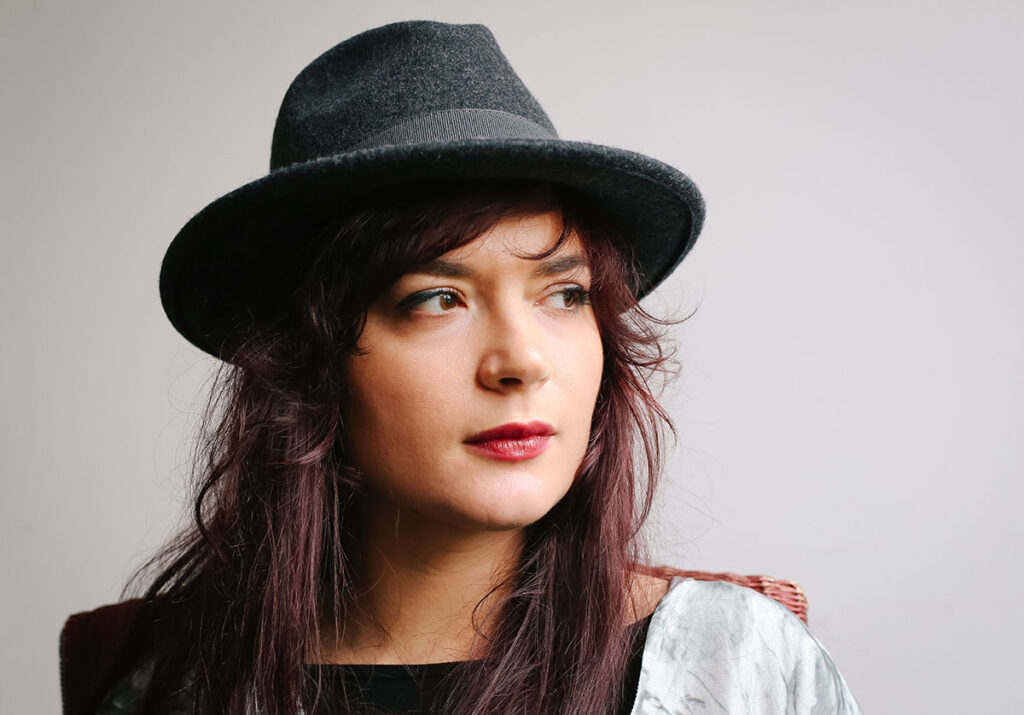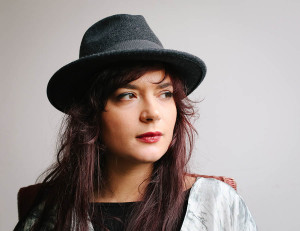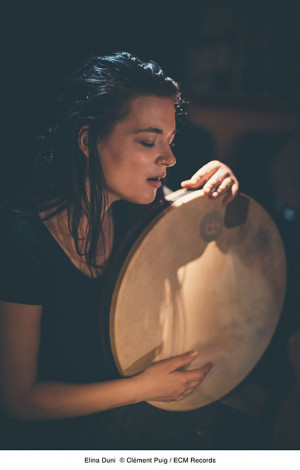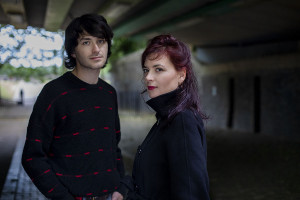
We are all migrants
Elina Duni was born into a family of artists in Tirana, communist Albania, and appeared on stage for the first time at the age of five. She learned the violin and sang. At the age of 10 she came to Switzerland and later studied piano at the Geneva Conservatory. And despite this classical education and grew in her love for jazz, this followed she studied singing and composition at the Hochschule der Künste in Bern and founded there also her first own quartet. Nevertheless, she kept the folk song tradition of the Balkans as her musical treasure. In her parents’ home these sounds were hated, since they had fled from Albania to Switzerland because of the communist upheaval and also wanted to leave the “native” music behind.
With her education at the conservatory and the university, Elina Duni created an extremely profound framework for herself. So she is able to present on stage not only her voice but also to impress as an instrumentalist: she plays piano, guitar, drum. In addition, she sings in many languages, on her record “Partir” in no less than nine (!).
So the material comes in a variety of idioms and comes from the most diverse sources: “There are songs that touch on past influences, where the sounds of Albania and Mediterranean folklore are omnipresent. But we also wanted to explore other musical roots: timeless jazz ballads, French chansons, American folk songs…” The broad spectrum of music approached here ranges from traditional pieces to songs made famous by Frank Sinatra and CharlesAznavour to original compositions. “Besides the seriousness that can be found in many pieces, there is also a brightness that permeates everything. And we believe that this light can and will outshine these troubled times.”
With her dark, warm voice, she permeates her songs in a very special way, taking us into her world full of melancholy and pain, but also full of bright hope and happiness.
“She is not jazz, she is not folk music, she is not world music, she is not Balkan folklore. At best, it is all of these together, and not as a pieced-together patchwork, but all of them at every moment. … This music does not seek authenticity. It is authentic, in a new way.” (Peter Rüedi, Die Weltwoche)








